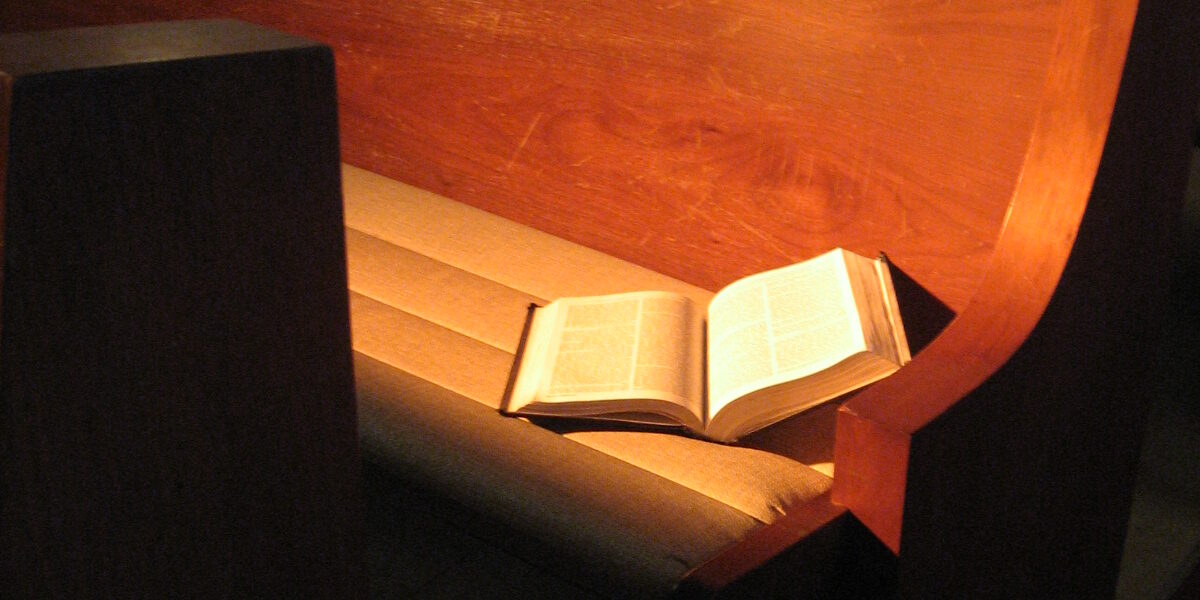Across Mennonite Church USA, churches and conferences are thinking in creative ways about how to build relationships with the soldiers and veterans of the US military.
In New York Conference, Ken Landis has been installed as Fort Drum Ministry Coordinator. We talked with Ken about his new role. Please keep Ken and his work in your prayers.
Ken, can you tell us about your position with New York Conference?
Ken: The position is Coordinator for Fort Drum Ministry of Healing and Hope. The position officially began in October 2013 and is supported by NY Conference and Watertown Mennonite Church. It is a one day/week position that was created as an exploratory effort to see how we as Mennonites living next to a huge military base may have a more open presence and care for our neighbors that are being drastically impacted by war. The simplest way I like to state it is "how can we be better neighbors" especially in light of our theological roots of Peace and Non-Violence.
What hopes do you have for this work?
Ken: One of my hopes is to face our fears of the "other" so that we can recognize more honestly that God is at work in all people and in all places, so we can be part of celebrating life rather than remaining fearful in our little world. The second hope is simply that we would become better neighbors. The third hope simply comes out of the first two: that we could be part of God’s Healing and Hope to our neighbors—especially those hurting from the effects of war.
How do you see this type of engagement with military personnel and veterans fitting into the life of churches in your area? Is it okay for peace folks to be doing this?
Ken: It almost seems more strange to me that we don’t engage more. If we do believe there is Good News in following Jesus’ way of loving our enemies, why is it we don’t seem to wrestle with this lack of engagement more? How will this outreach "fit" into the life of the churches here? Well, in some ways this engagement is already happening in the sense we all have neighbors who are or were in the military and some of the churches have people with military backgrounds attending the congregations, though to be more intentional about reaching out will likely fluff some theological feathers that we may hide behind a little to quickly, and this will open up opportunity for growth and a richer understanding of our traditional peace understandings.
How might peace churches and veterans learn from and bless one another?
Ken: I believe the peace churches have an alternative story to share that is one of life in hope in the midst of being honest about the violence in the world.
And no doubt us churchy people in the peace churches have much to learn about the dedication and courage many soldiers and veterans have and the depth and sincerity of their faith. To engage one another with any level of integrity will no doubt open our hearts and minds to the reality of a bigger God.
What challenges might churches seeking to build relationships with military personnel and veterans face?
Ken: The most intriguing part for me so far has been the openness of the military to invite me in. I expected much more resistance when I was open about being a part of a "peace church", but the desire of those in leadership is often that they just want their soldiers cared for. So really the biggest obstacle I think that I have faced and will likely continue to face is our human desire to push people away or to "other" them – to keep people at a distance and not see them as our Brothers and Sisters, as God’s Children, just like us.
Then of course the follow up challenge is once we do build relationships we then encounter sincere followers of Jesus who believe very different than us, and that can be very challenging for our own theological understandings that we thought we had all figured out.
Any advice for other churches thinking of how to relate to veterans or military bases in their communities?
Ken: At a recent STAR training a quote surfaced again and again of how we make the path by walking—I suppose my advice would be to start walking.







